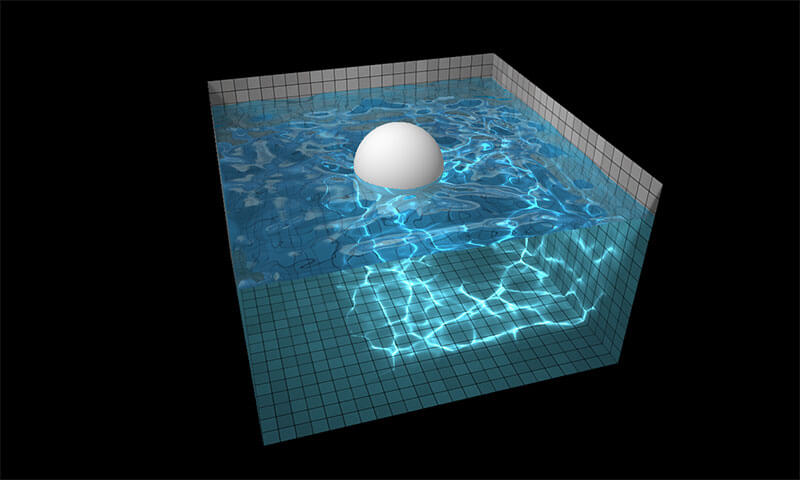JavaScript: Constructor Auto-Execution with new Keyword
JavaScript is full of small, interesting facets that can trip you up, make you laugh, or make you cry. This post is about an interesting one. Those of you that have worked with JavaScript functions, and in a way JavaScript "classes" (as you used with MooTools), you're well acquainted with the new keyword. With the new keyword you get the ability to pass arguments with the function call, but did you know that if you have no arguments, you don't need the parens at all?
function MyClass() {
console.log('Initialized!');
//Set a property, as an example
this.dirty = true;
}
var instance = new MyClass;
// >> "Initialized!''
So why am I telling you this? I have no idea. It's just one of those fun tidbits that you can add to your brain. :)
![How to Create a Twitter Card]()
One of my favorite social APIs was the Open Graph API adopted by Facebook. Adding just a few META tags to each page allowed links to my article to be styled and presented the way I wanted them to, giving me a bit of control...
![9 More Mind-Blowing WebGL Demos]()
With Firefox OS, asm.js, and the push for browser performance improvements, canvas and WebGL technologies are opening a world of possibilities. I featured 9 Mind-Blowing Canvas Demos and then took it up a level with 9 Mind-Blowing WebGL Demos, but I want to outdo...
![Create Twitter-Style Buttons with the Dojo Toolkit]()
I love that JavaScript toolkits make enhancing web pages incredibly easy. Today I'll cover an effect that I've already coded with MooTools: creating a Twitter-style animated "Sign In" button. Check out this five minute tutorial so you can take your static...
![MooTools Zebra Table Plugin]()
I released my first MooTools class over a year ago. It was a really minimalistic approach to zebra tables and a great first class to write. I took some time to update and improve the class.
The XHTML
You may have as many tables as...





Amazing how the obvious is sometimes hidden in plain sight. I was going to save the extra () characters but it looks like there’s a micro performance hit in V8.
http://jsperf.com/new-with-and-without-parens
Really? That’s ironic, since Google Closure Compiler actually removes the parentheses when they can be omitted.
That was something I always was curious about but never bothered to ask/look up. I assume the same thing also occurs in php?
I’ll file this next to optional semi-colons and optional closing tags in HTML5: things that are interesting to know, but if I ever see while reviewing someone’s code I might get stabby.